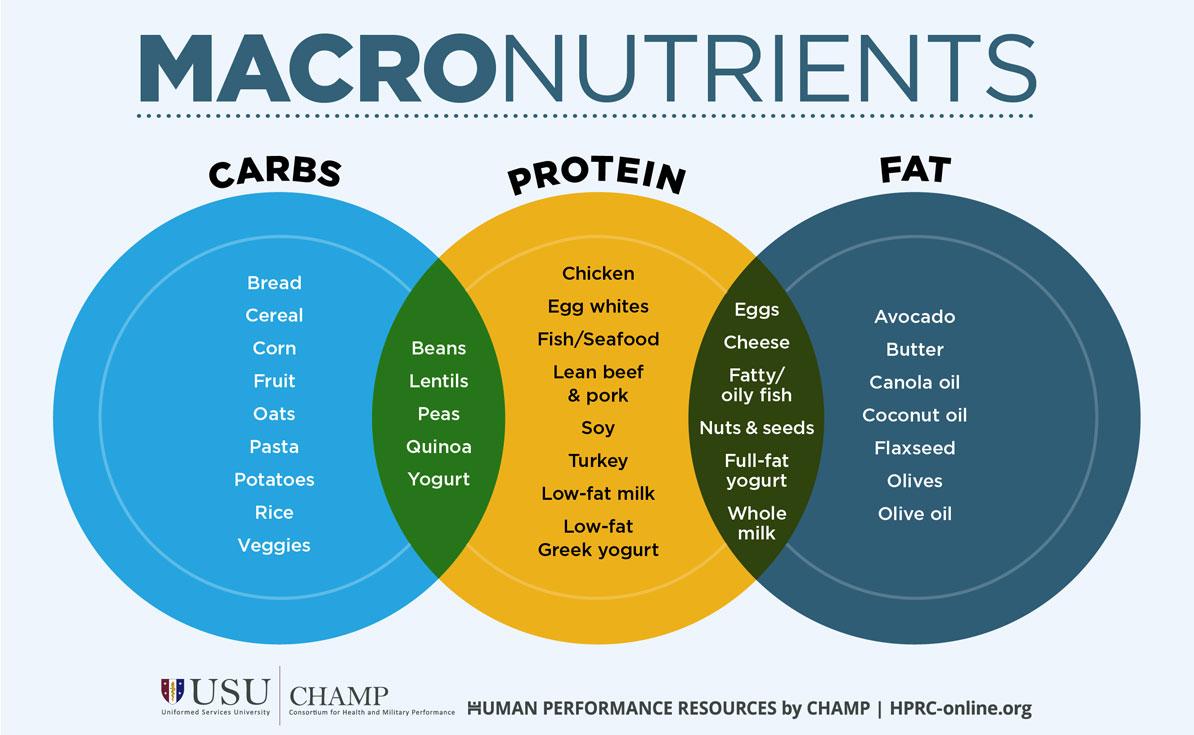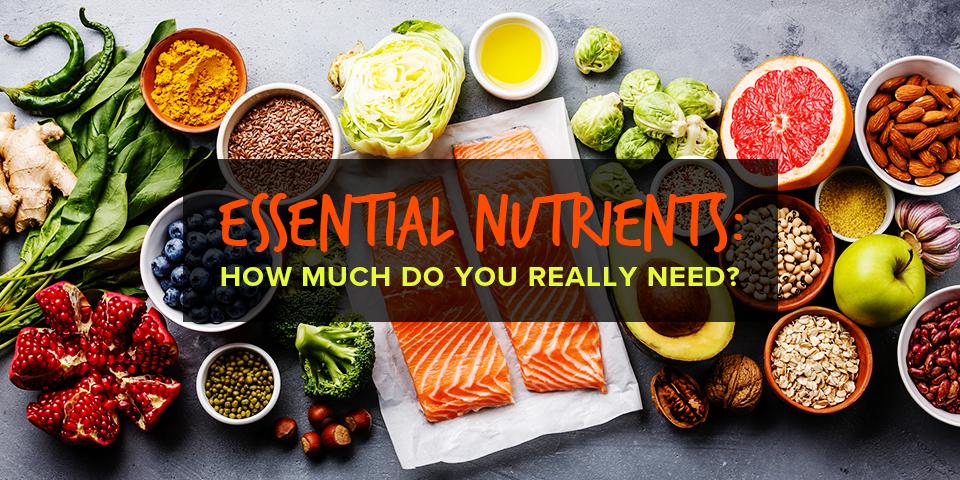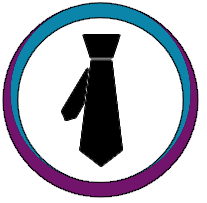In today’s fast-paced world, the quest for optimal health often feels like an uphill battle. Our lives are filled with choices that can either nourish us or lead us astray, especially when it comes to what we put on our plates. Nutrition is the cornerstone of a vibrant life, yet with the abundance of information available, understanding which nutrients are truly essential can be overwhelming. This article aims to demystify the concept of vital nutrients, shedding light on the fundamental building blocks that support not just our physical health, but our mental and emotional well-being as well. By unlocking the secrets of essential nutrients, we can pave the way toward a balanced, fulfilling lifestyle that enhances our vitality and longevity. Join us as we explore the key components necessary for optimal health, providing you with the knowledge to make informed dietary choices that will transform your well-being.
Table of Contents
- Understanding the Role of Macronutrients in Energy Production
- The Importance of Micronutrients for Immune Function and Longevity
- Top Dietary Sources of Essential Nutrients for Everyday Vitality
- Practical Tips for Balancing Your Nutrient Intake for Optimal Health
- To Wrap It Up
Understanding the Role of Macronutrients in Energy Production

To fuel our bodies effectively, we must grasp the pivotal contributions of macronutrients—carbohydrates, proteins, and fats—in energy production. Each macronutrient serves a distinct function, working synergistically to sustain our daily activities and optimize overall health. Carbohydrates are often considered the body’s primary energy source, rapidly converting into glucose to provide immediate fuel for physical exertion and cognitive function. Proteins, while primarily known for their muscle-repairing qualities, can also be converted into energy during prolonged activity when carbohydrate stores are depleted. On the other hand, fats are the most concentrated source of energy, offering long-lasting fuel during low-intensity activities and times of fasting. Together, these components create a balanced energy profile necessary for vitality.
Understanding the recommended proportional intake of these macronutrients can enhance energy levels and health outcomes. The ideal composition often resembles a well-distributed plate. Here’s a simple overview of the general macronutrient distribution ranges:
| Macronutrient | Recommended Percentage of Daily Calories |
|---|---|
| Carbohydrates | 45-65% |
| Proteins | 10-35% |
| Fats | 20-35% |
By adhering to these guidelines, individuals can ensure their body receives a diverse array of nutrients, facilitating optimal energy production. It’s essential to focus on the quality of these macronutrients as well—opting for whole grains, lean proteins, and healthy fats can significantly influence not just energy availability but also enduring health.
The Importance of Micronutrients for Immune Function and Longevity

Micronutrients play a crucial role in maintaining a robust immune system and promoting longevity. These vital nutrients, which include vitamins and minerals, support various biochemical processes that enhance our body’s ability to fight off infections and diseases. Deficiencies in key micronutrients can lead to weakened immune responses, leaving the body vulnerable. Notable micronutrients that directly influence immune function include:
- Vitamin C – Essential for the growth and function of immune cells.
- Vitamin D – Known for its role in regulating immune responses and reducing inflammation.
- Zinc – Critical for immune cell development and function.
- Iron – Important for the proliferation of immune cells and their response to pathogens.
Furthermore, micronutrients also contribute to the aging process, with specific nutrients being linked to increased longevity. Adequate intake of these nutrients ensures optimal cellular function and helps mitigate the effects of chronic diseases associated with aging. Some of the micronutrients linked to longevity include:
| Nutrient | Role in Longevity |
|---|---|
| Omega-3 Fatty Acids | Support cardiovascular health and reduce inflammation. |
| Vitamin E | Antioxidant properties that protect cells from oxidative stress. |
| Coenzyme Q10 | Boosts energy production and protects against cellular damage. |
By focusing on a diet rich in these essential micronutrients, individuals can enhance their immune function, promote overall health, and potentially extend their lifespan. Prioritizing nutrient-dense foods such as fruits, vegetables, nuts, seeds, and whole grains can help ensure you receive the necessary micronutrients for a vibrant, healthy life.
Top Dietary Sources of Essential Nutrients for Everyday Vitality
To maintain everyday vitality, it’s crucial to incorporate foods rich in essential nutrients into your diet. These nutrients play a pivotal role in ensuring your body operates at its best, turning food into energy and supporting overall health. Here are some of the top dietary sources that pack a punch:
- Vitamin C: Citrus fruits (oranges, grapefruits), strawberries, bell peppers, and broccoli.
- Iron: Red meat, beans, lentils, spinach, and fortified cereals.
- Omega-3 Fatty Acids: Fatty fish (salmon, mackerel), walnuts, flaxseeds, and chia seeds.
- Calcium: Dairy products (milk, yogurt, cheese), leafy greens (kale, bok choy), and fortified plant milks.
- Fiber: Whole grains (oats, quinoa), fruits (apples, bananas), vegetables (carrots, Brussels sprouts), and legumes.
Understanding the importance of these nutrients can guide you in creating a balanced and healthful diet. Below is a simple overview of how specific foods contribute to essential nutrient intake:
| Food Group | Key Nutrients | Example Foods |
|---|---|---|
| Fruits | Vitamins, Antioxidants | Citrus, Berries, Bananas |
| Vegetables | Vitamins, Minerals | Leafy Greens, Peppers |
| Protein Sources | Proteins, Iron | Meats, Legumes, Nuts |
| Dairy | Calcium, Vitamin D | Milk, Cheese, Yogurt |
| Grains | Fiber, B Vitamins | Whole Wheat, Oats |
Practical Tips for Balancing Your Nutrient Intake for Optimal Health
Finding the right balance in nutrient intake is crucial for maintaining optimal health. A well-rounded diet should include a variety of foods to ensure you are getting all the essential nutrients your body needs. Here are some practical tips to help you on this journey:
- Incorporate Colorful Fruits and Vegetables: Aim for a rainbow of colors in your meals, as different colors often indicate various vitamins and minerals.
- Prioritize Whole Grains: Choose whole grains over refined varieties to boost fiber intake, which aids in digestion and provides sustained energy.
- Include Lean Proteins: Opt for sources like chicken, fish, beans, and legumes to ensure you’re receiving adequate protein without excessive saturated fat.
- Stay Hydrated: Water plays a vital role in nutrient absorption, so drink enough fluids throughout the day.
To help streamline your nutrient intake, consider planning your meals ahead of time and keeping a food diary. Tracking what you eat can provide insights into where you might be lacking. Below is a simple guideline to help you visualize your plate:
| Food Group | Recommended Proportion |
|---|---|
| Fruits | 1/4 of your plate |
| Vegetables | 1/2 of your plate |
| Whole Grains | 1/4 of your plate |
| Protein | Include a lean protein choice, about the size of your palm |
To Wrap It Up
understanding the pivotal role that essential nutrients play in our overall health is not just about following trends or fads; it’s about making informed choices that foster long-term vitality. By prioritizing a balanced diet rich in vitamins, minerals, and other vital compounds, we empower ourselves to combat chronic diseases, enhance our energy levels, and improve our overall well-being.
As we’ve explored, the journey to optimal health is a holistic endeavor that requires us to be mindful of what we put into our bodies. Whether it’s incorporating more leafy greens into our meals, choosing whole grains over refined options, or ensuring we get adequate hydration, every small change can lead to significant benefits.
Let’s embrace the power of nutrition as a cornerstone of our health strategy. Remember, it’s never too late to start making conscious choices that can unlock a more vibrant, energetic version of ourselves. Stay curious, stay informed, and continue to prioritize your health through the essential nutrients we’ve discussed. Your body will thank you.



